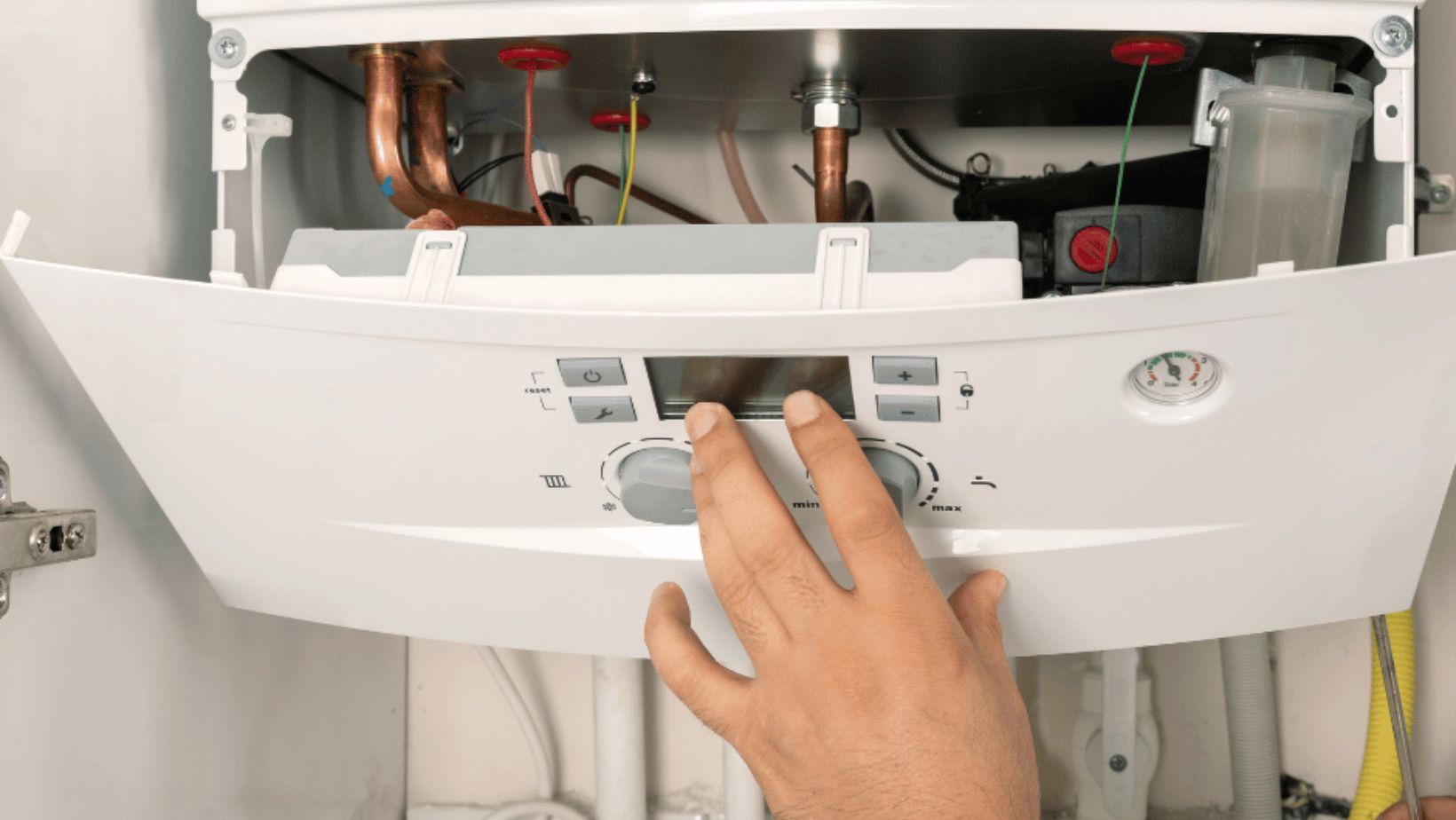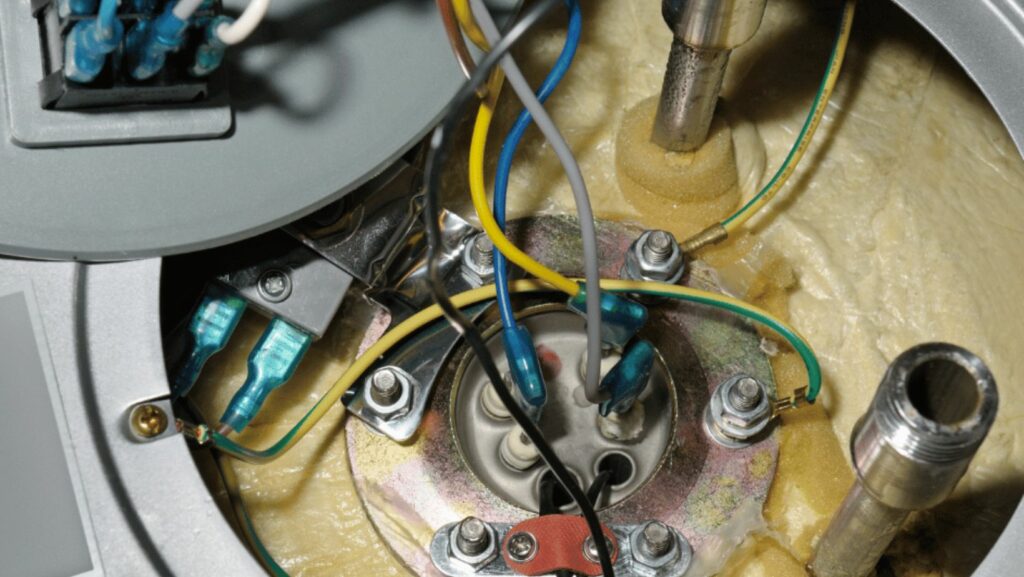Selecting the ideal heating system for your house is essential in a time when energy efficiency and sustainability are valued highly. For households looking for economical and eco-friendly heating options, electric boilers are becoming a popular option. Compared to conventional gas boilers, electric boilers have great efficiency ratings and produce no emissions, making them a viable substitute. But optimizing an electric boiler installation’s energy efficiency calls for thoughtful thought and calculated preparation. We’ll go over how to install an electric boiler in your house in this guide, with the goal of increasing energy efficiency and minimizing the impact on the environment.
Appropriate Sizing
Making sure your electric boiler is the right size for the heating requirements of your house is one of the most important steps towards optimizing energy efficiency. An large boiler will cycle on and off more often, wasting energy and performing less well. On the other hand, a boiler that is too small may find it difficult to meet your home’s heating needs, which will lead to higher energy costs and less comfort. In order to choose the right size for your electric boiler, take into account elements like your home’s size, insulation thickness, and weather. It is possible to guarantee that your boiler is sized correctly for maximum efficiency by seeking advice from a certified HVAC specialist.
Insulation and Air Sealing
It’s critical to fix any gaps in your home’s insulation and air sealing before adding an electric boiler. Your electric boiler can function more efficiently with proper insulation and air sealing, which can drastically cut down on heat loss and increase energy efficiency. As a starting point, reduce heat transfer between your home’s interior and exterior by insulating your walls, attic, and floors. To stop air leaks and drafts, seal any gaps or cracks around windows, doors, and ducting. You can maximize the efficiency of your electric boiler and create a more comfortable and energy-efficient living space by improving the insulation and air sealing in your home.
Programmable Thermostat
Setting up a programmable thermostat is an additional practical method to enhance energy economy and improve the performance of your electric boiler. By creating customized heating plans according to your daily schedule with a programmable thermostat, you can make sure that your boiler runs only when necessary.

You can cut energy use and heating expenses without compromising comfort by setting the thermostat to a lower setting when you’re not home or during inactive times. Further improving convenience and energy efficiency are some of the advanced features that many programmable thermostats offer, such zoning management and remote access.
Hydronic Radiant Floor Heating
For maximum comfort and energy efficiency, think about combining your electric boiler with hydronic radiant floor heating. Your home’s floors can be heated evenly and consistently throughout with hydronic radiant floor heating, which uses water heated by the boiler to do so. In contrast to forced-air heating systems, which have the potential to cause heat loss via ducting and uneven heating, radiant floor heating maximizes comfort while reducing energy waste by delivering heat directly to the desired location. Furthermore, radiant floor heating uses less energy and is more efficient because it operates at a lower temperature than conventional heating systems.
Schedule Regular Maintenance
It’s critical to plan routine maintenance for your electric boiler in order to guarantee peak performance and energy economy. Regular maintenance procedures, such cleaning, checking, and servicing your boiler, can help find problems early on and fix them to avoid breakdowns and maximize performance.
A qualified technician will examine electrical connections, controls, and safety features, and look for wear, corrosion, or leaks during maintenance visits. Additionally, they will tune and clean the boiler to guarantee optimal performance. You may reduce energy use, increase the longevity of your electric boiler, and have dependable operation for many years to come if you maintain your boiler proactively.
Integration of Renewable Energy Sources
To complement your electric heater and further lessen your carbon footprint, think about integrating renewable energy sources like solar or wind turbines. You can reduce your overall energy expenditures and balance off your grid electricity consumption by producing clean, renewable energy on-site. You might be qualified for tax credits, rebates, or other incentives for installing renewable energy systems, depending on your area and local incentives. Furthermore, you may heat your house with clean, sustainable energy when you combine renewable energy with an electric boiler, which is consistent with your dedication to energy independence and environmental stewardship.


More Stories
How Roof Restoration Can Improve Energy Efficiency
Why Choose a Windows Replacement Richmond Hill Company?
Understanding Roof Costs: Repairs, Replacements and Installation Services